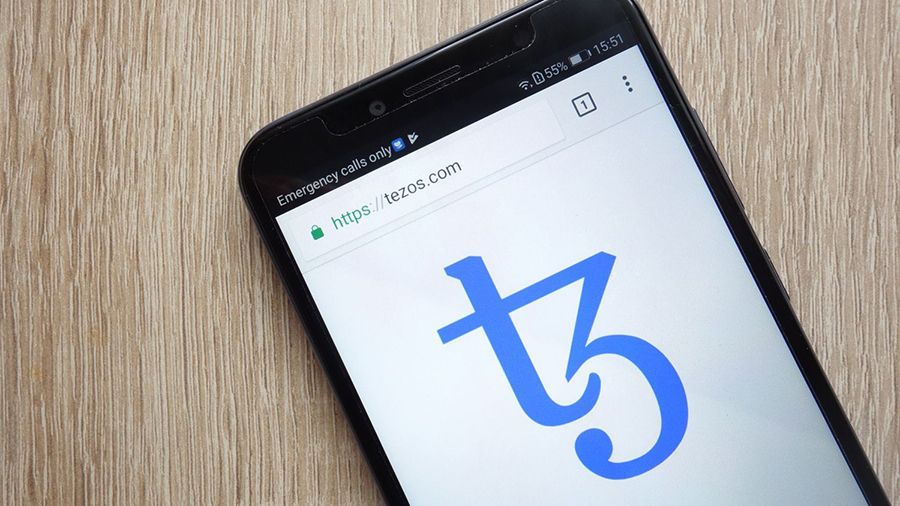Israel-based Tezos Development Center will release a device to secure staked assets of validators.
Tezos Israel said in a press release that hardware security modules, developed in partnership with Hub Security, will allow network validators (bakers) to store private keys in a secure cloud or on a separate physical device. This will help protect assets from theft or network outages.
Network validators must block cryptoassets for staking for a certain period of time in order to be eligible to participate in block creation. This approach requires “serious security,” said Hub Security CEO Eyal Moshe.
The new device, which is a kind of server, is equipped with a security module that acts as a “remote control” tool for the user. The device has a “bank-grade” two-factor authentication.
The development will offer bakers a better alternative to hardware wallets, which must be physically connected to computers operating on the network. The companies said that the use of the hardware module allows “secure use of encryption keys and sensitive information to work with confidential applications, while maintaining complete confidentiality.”
In November, the Tezos developers said they were planning a network update called Edo. The implementation of the Zcash Sapling library will allow hiding transactions on the Tezos blockchain.







